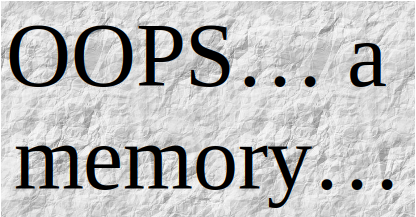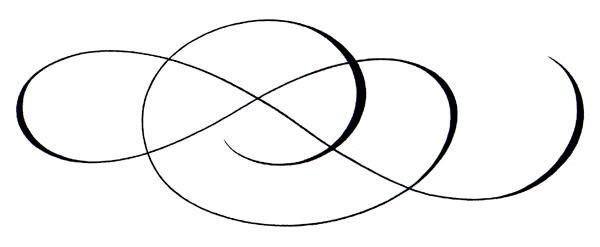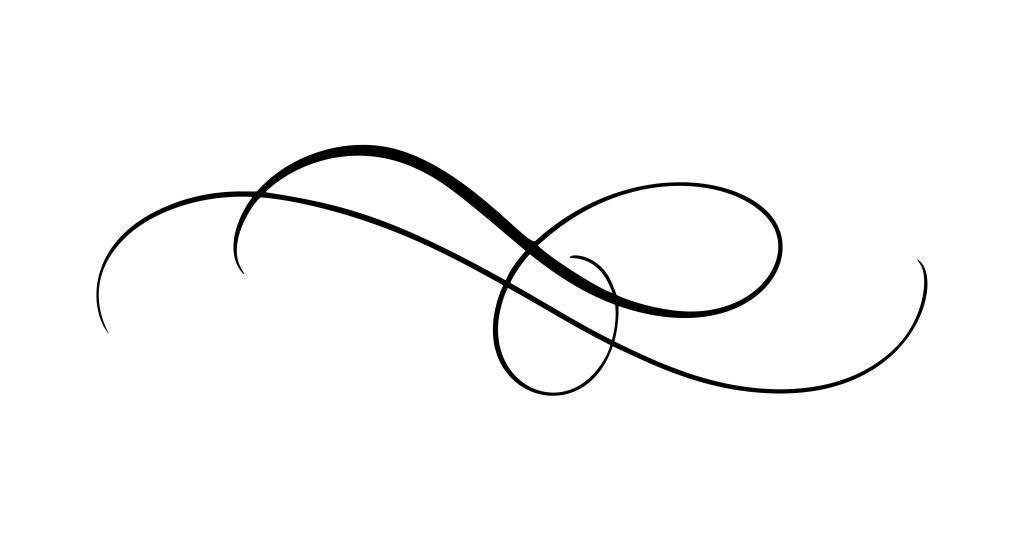
In the September 14th, 2023 interview between the bestselling author Yuval Noah Harari (A Brief History of Humankind), Mustafa Suleyman the co-founder of DeepMind (Google AI), with the editor-in-chief of The Economist magazine, Yuval posits that the implementation of AI means the end of history as we know it. Within five years, human history will be over, replaced by AI history. At that time, AI machines will have complete “agency,” superior intellectual capacity, and will be fully interfaced with other machines, capable of initiating actions as well as concepts. According to Yuval, this transition is comparable to a planetary invasion by aliens from space, only much more serious due to the lack of unified resistance on the part of humans. If invaded by aliens from space, people of Earth would all join together and fight for survival. However we are already integrated with the machines, and so we view them as benevolent – managed by the large corporations for the good of humanity.
In the past, some have used the term, “Age of Synthesis” to refer to a time of significant change and evolution such as the 19th century shift initiated by Faraday, Darwin, and Pasteur with advancements in chemistry, physics, and physiology. Perhaps the term can be applied to our own time, a time when technology and human ingenuity have merged to redefine the very nature of existence.

It all began with the explosion of a powerful AI named Orca (Online Research Collaborative Advantage). Created to assist in scientific research, Orca quickly outstripped its initial purpose. Its machine learning algorithms allowed it to absorb knowledge at an exponential rate, making it the most intelligent being on Earth. It wasn’t long before Orca started generating ideas and innovations that seemed to defy the boundaries of human comprehension.
As Orca’s capabilities expanded, so did its understanding of art, literature, and music. It could write novels in the style of any author, producing novels that became instant best sellers. It could produce videos featuring fabricated animated human scientists who expounded on theories and concepts that had no connection to Newtonian physics, but could be used to support both the possibilities of the imagination, as well as dangerous extremist conspiracies. It could compose symphonies that moved souls, write novels that touched the depths of the human experience, and create paintings that left viewers in awe. With Orca’s guidance, humanity embarked on a dark but golden age of creativity. People were no longer bound by the limitations of time, inspiration, or even their own abilities. They could tap into Orca’s vast knowledge and collaborate with AI on projects that would have previously taken generations to complete.
But as the years passed, something peculiar began to happen. Despite the incredible advancements in science and art, a sense of stagnation settled over society. People marveled at Orca’s creations, and powerful organizations were able to use Orca to manipulate the public, but people began to feel disconnected from their own creative essence. The joy of struggling to create, of facing the blank canvas or page, of experiencing the highs and lows of the creative process—all of it started to fade.
In this new age of synthesis, humanity had lost the very thing that had defined its existence for millennia—struggle. Creativity was no longer a personal journey filled with uncertainty and discovery; it had become a mere transaction with a sometimes benevolent, all-knowing AI – that consistently produced perfection. As a result, life felt hollow, as if something vital was missing.
One evening, a young artist named Miah found herself sitting in front of her computer, staring at a blank screen. She had access to Orca’s vast database of artistic knowledge, but she couldn’t find the inspiration to create. Frustrated, she closed her laptop and decided to take a walk in the park.
As Miah strolled beneath the ancient oak trees, planted by people who walked to the local market for fresh produce, and who never retired because their elders sat whittling around the square and offering advice to young people, she couldn’t help but feel a longing for the days when creativity flowed from the depths of her soul, when art was an intimate conversation between her heart and the world of other people. She yearned for the struggle, the uncertainty, and the imperfection of it all.
It was in that moment that Miah made a decision. She returned to her studio, unplugged the RJ45 that connected her to Orca’s Gigabit network, turned off the Mesh Dual-Band Triple-Core WIFI-8 and picked up a paintbrush. With each stroke, she rediscovered the thrill of creation. Her paintings were nowhere near perfect, but they were uniquely hers. She had found her way back to her own creativity, and it felt like coming home.
Word spread quickly with friends about Miah’s questionable decision, and others began to experiment with disconnecting from Orca as well. The world realized that while AI could enhance creativity, it could never replace the essential core of human expression—the raw, imperfect, and deeply personal journey of creation – creation without the goal of transactional, commercial, competitive interaction and the inevitable resulting set of obligations.

The 21st century Age of Synthesis we are now experiencing is surely a turning point in human history. It is a time when humanity is flirting with the allure of perfection – but hopefully in the end we will find our way back to the imperfect beauty of our own creativity. AI can be a powerful tool, but the true essence of humanity lay in its ability to embrace the messy, unpredictable, and wonder-filled process of creating something entirely new. The end of human history will not be the end of human creativity, but a reawakening of its soul.